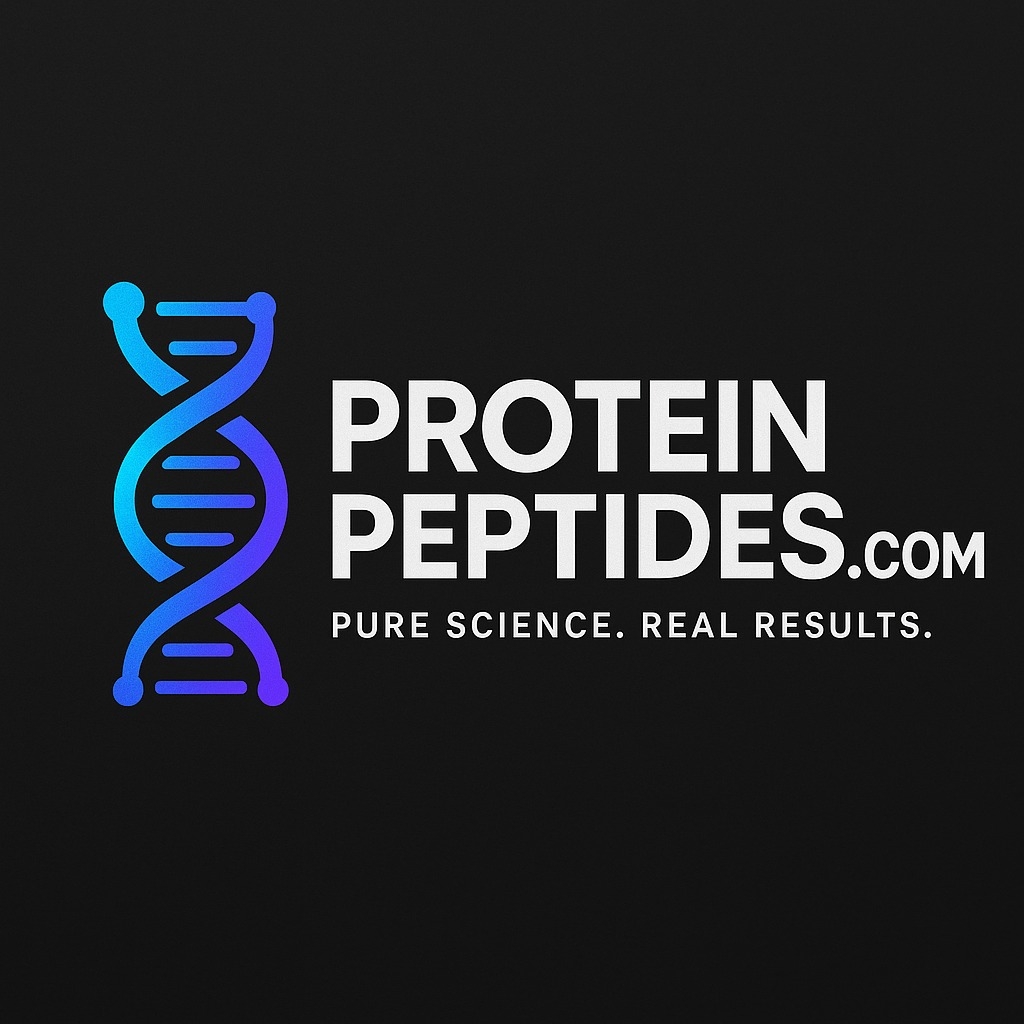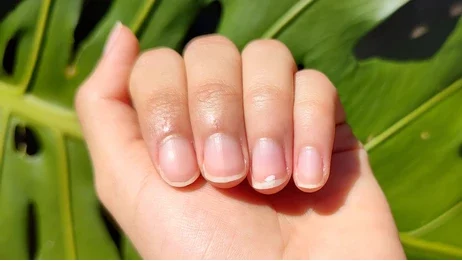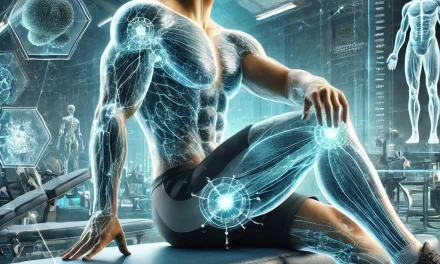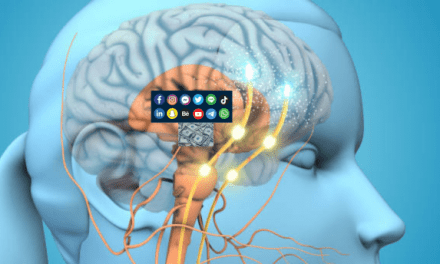Peptides: Strengthening Hair, Nails, and Connective Tissues
The importance of healthy hair, nails, and connective tissues cannot be overstated, as they play significant roles in the body’s overall appearance, strength, and mobility. While diet, exercise, and overall health contribute to the health of these structures, recent advancements in peptide therapy have shown remarkable benefits in strengthening hair, nails, and connective tissues. Peptides, which are short chains of amino acids, have emerged as powerful tools for enhancing the health of these vital structures. This article explores how peptides contribute to strengthening hair, nails, and connective tissues, highlighting key peptides involved and their mechanisms of action.
What Are Peptides and How Do They Work?
Peptides are naturally occurring or synthetically created molecules made up of short chains of amino acids. They function as messengers within the body, influencing biological processes such as tissue repair, protein synthesis, and cell signaling. Peptides play a role in various physiological functions, including the regeneration of hair follicles, the strengthening of nails, and the support of connective tissues such as tendons, ligaments, and cartilage.
Peptides influence the health of hair, nails, and connective tissues by promoting the production of essential proteins like keratin (for hair and nails) and collagen (for connective tissues). By stimulating the synthesis of these proteins, peptides contribute to the strength, elasticity, and overall health of these structures. Additionally, peptides help improve circulation, reduce inflammation, and support tissue repair, all of which are essential for maintaining healthy hair, nails, and connective tissues.
Key Peptides for Strengthening Hair, Nails, and Connective Tissues
Several peptides have been shown to play a crucial role in promoting the health and strength of hair, nails, and connective tissues:
- GHK-Cu (Copper Peptide):GHK-Cu is a naturally occurring peptide known for its regenerative and healing properties. It has been shown to promote collagen synthesis, which is essential for the health of connective tissues like tendons, ligaments, and cartilage. Collagen is the most abundant protein in the body, providing structure and strength to connective tissues. By stimulating collagen production, GHK-Cu supports the repair and maintenance of these tissues, improving their elasticity and strength.Additionally, GHK-Cu has been found to stimulate hair growth by promoting the regeneration of hair follicles. This peptide increases the production of key proteins that nourish hair follicles, leading to stronger, healthier hair. GHK-Cu also helps reduce hair thinning and loss by supporting the natural growth cycle of hair.
- Biotin Peptide:Biotin, also known as vitamin B7, is a well-known nutrient that supports the health of hair, skin, and nails. Biotin peptides, which are a bioavailable form of biotin, have been shown to improve hair thickness and strength. These peptides stimulate keratin production, a key protein that provides structure to hair and nails. By enhancing keratin synthesis, biotin peptides strengthen hair strands, reduce breakage, and promote healthy nail growth.Biotin peptides also help maintain the integrity of the skin, which plays a critical role in the overall health of hair and nails. As a result, biotin peptides are commonly used to promote hair regrowth, strengthen nails, and support skin health.
- Collagen Peptides:Collagen peptides are derived from hydrolyzed collagen, which is broken down into smaller peptides that are more easily absorbed by the body. Collagen is the primary structural protein in connective tissues, providing strength and elasticity to tendons, ligaments, cartilage, and skin. As we age, collagen production naturally decreases, leading to the weakening of connective tissues, increased joint pain, and signs of aging like wrinkles and sagging skin.Supplementing with collagen peptides has been shown to support the regeneration and strengthening of connective tissues. These peptides stimulate the production of collagen, which improves the elasticity and strength of tendons, ligaments, and cartilage. This helps prevent joint pain and injuries while supporting overall joint health. Collagen peptides also promote healthy skin and hair by improving skin hydration and elasticity, reducing the appearance of fine lines, and promoting hair growth.
- Keratin Peptides:Keratin is a fibrous structural protein that makes up the majority of the hair, nails, and skin. It provides strength, protection, and structure to these tissues. Keratin peptides are derived from the breakdown of keratin protein and are highly effective in strengthening hair and nails. These peptides enhance keratin production in hair follicles and nail beds, promoting stronger, thicker hair and more resilient nails.Keratin peptides also support the repair of damaged hair and nails by restoring the protein structure and improving overall hair and nail health. By nourishing the hair follicles and nail beds, keratin peptides help prevent breakage and promote healthy, growing hair and nails.
- Thymosin Beta-4 (TB-500):TB-500 is a peptide that plays a crucial role in tissue repair and regeneration. It is derived from thymosin beta-4, a protein that is naturally found in the body. TB-500 has been shown to promote the healing of tissues, including those in the skin, tendons, and ligaments. This peptide accelerates cell migration and differentiation, helping to repair damaged connective tissues and reduce inflammation.TB-500 also supports the regeneration of hair follicles by promoting the growth of new cells and improving circulation to the scalp. As a result, it can be used to enhance hair growth and strengthen hair fibers, as well as improve the elasticity and strength of connective tissues.
Mechanisms Behind Peptide Action on Hair, Nails, and Connective Tissues
Peptides strengthen hair, nails, and connective tissues through several key mechanisms:
- Stimulating Protein Synthesis:
Peptides like GHK-Cu and biotin peptides stimulate the production of key proteins like collagen and keratin, which are essential for the health of hair, nails, and connective tissues. By promoting protein synthesis, peptides support the strength, elasticity, and overall integrity of these structures. - Enhancing Circulation:
Peptides improve blood flow to hair follicles, nail beds, and connective tissues, ensuring that essential nutrients and oxygen reach these areas. This increased circulation promotes healthier hair growth, stronger nails, and more resilient connective tissues. - Reducing Inflammation:
Chronic inflammation can weaken hair, nails, and connective tissues, leading to thinning hair, brittle nails, and joint pain. Peptides like TB-500 and GHK-Cu have anti-inflammatory effects that reduce inflammation in the body, helping to support the health and strength of these tissues. - Supporting Tissue Regeneration:
Peptides promote the regeneration of damaged tissues by activating cell migration and differentiation. This is particularly important for repairing damaged hair follicles, nails, and connective tissues. Peptides like TB-500 and GHK-Cu accelerate the healing process, helping to restore the strength and health of these structures.
Benefits of Peptides for Hair, Nails, and Connective Tissues
Using peptides to support hair, nail, and connective tissue health offers numerous benefits:
- Stronger Hair and Nails:
Peptides like biotin and keratin peptides help strengthen hair and nails, making them less prone to breakage and promoting healthier growth. - Improved Skin and Hair Health:
Collagen peptides improve skin elasticity and hydration, reducing wrinkles and promoting healthier hair by nourishing the scalp. - Enhanced Joint Health:
Collagen peptides and GHK-Cu support the repair of connective tissues, reducing joint pain and improving flexibility. - Faster Recovery from Injuries:
Peptides like TB-500 accelerate tissue repair and reduce inflammation, helping to speed up recovery from injuries and improve overall mobility.
Safety and Considerations
While peptides offer significant benefits for hair, nails, and connective tissues, it’s important to use them responsibly. Consulting with a healthcare provider before using peptides ensures they are appropriate for individual needs. Proper dosing, sourcing from reputable suppliers, and monitoring for potential side effects are essential to ensure safety and efficacy.
Final Thoughts
Peptides offer a powerful, scientifically backed approach to strengthening hair, nails, and connective tissues. By promoting the production of key proteins like collagen and keratin, enhancing circulation, and supporting tissue regeneration, peptides contribute to the overall health and strength of these vital structures. Whether you’re looking to improve hair and nail health or support the regeneration of connective tissues, peptides provide a natural and effective solution to promote beauty, strength, and mobility.
Peptides: Strengthening Hair, Nails, and Connective Tissues
- Pickart, L., & Margolina, A. (2018). Regenerative and protective actions of the GHK-Cu peptide in the light of the new gene data. International Journal of Molecular Sciences, 19(7), 1987. PMC6073405
- Pickart, L., et al. (2015). The human tri-peptide GHK and tissue remodeling. Journal of Biomaterials Science, Polymer Edition, 26(12), 783–797.
- Oesser, S., et al. (1999). Oral administration of (hydrolyzed) collagen improves skin elasticity and skin structure. Skin Pharmacology and Applied Skin Physiology, 12(3), 132–140.
- Borumand, M., & Sibilla, S. (2015). Daily consumption of collagen supplement reduces signs of skin aging. Clinical Interventions in Aging, 10, 267–273. PMC4303949
- Hexsel, D., et al. (2017). Oral supplementation with specific bioactive collagen peptides improves nail growth and reduces brittle nails. Journal of Cosmetic Dermatology, 16(6), 520–526. DOI: 10.1111/jocd.12393
- de Luca, C., & Valacchi, G. (2010). Copper in human health. Molecular Aspects of Medicine, 31(5), 482–490.





